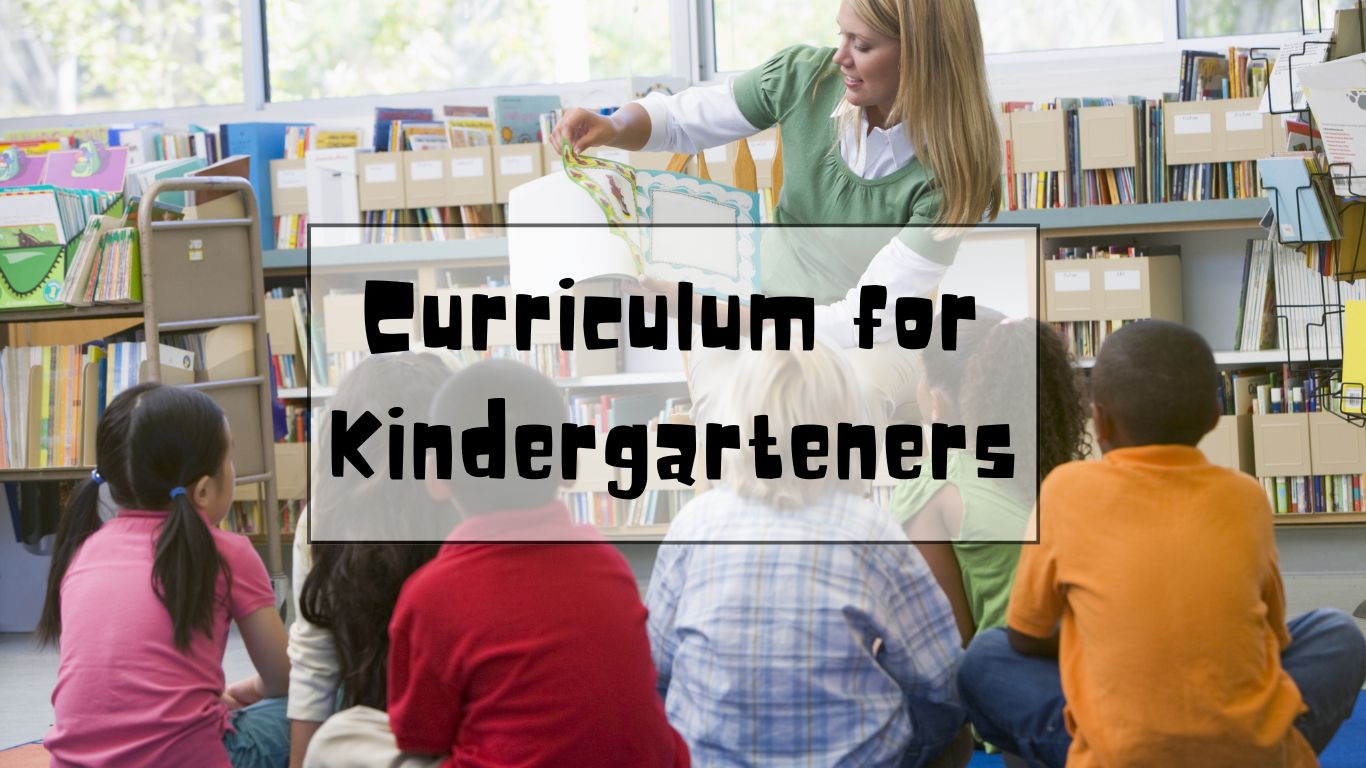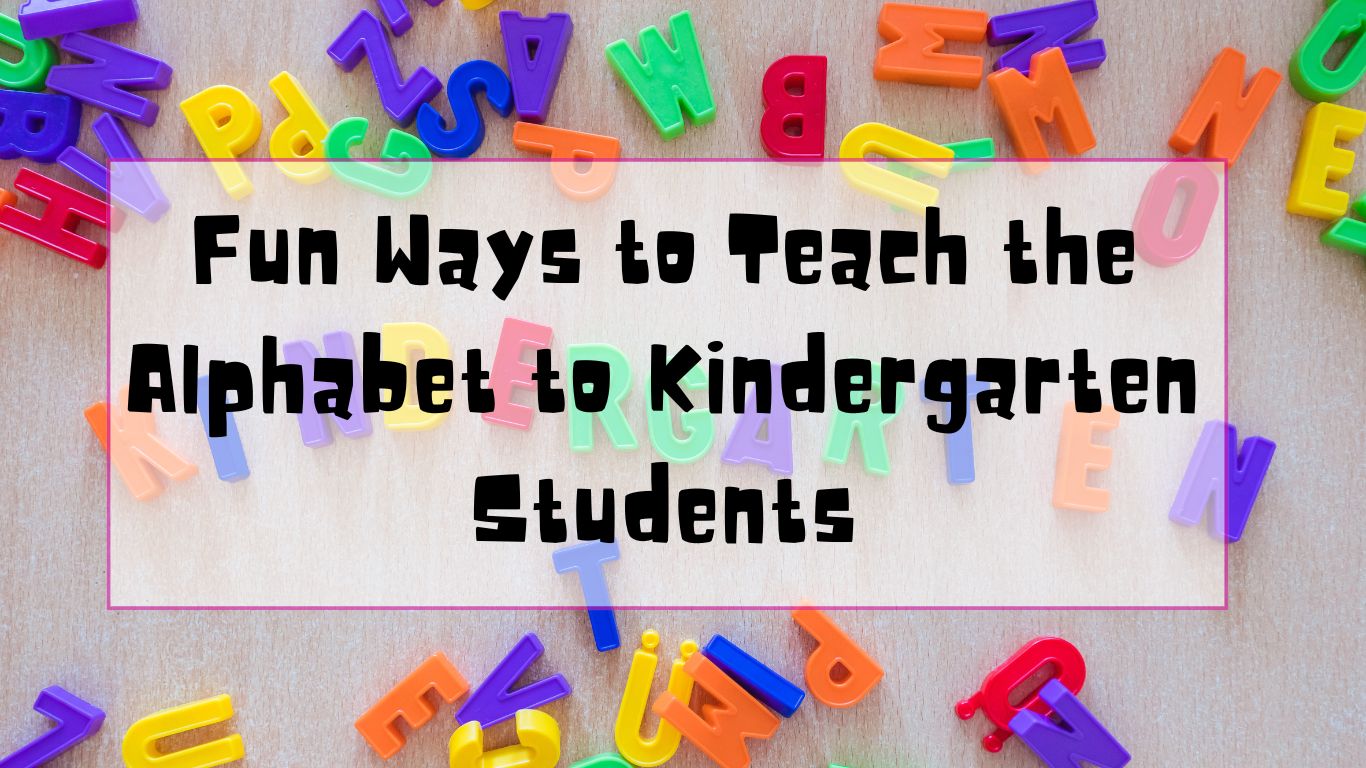Curriculum for Kindergarteners Guide for Homeschooling

A well-organized program for children in kindergarten is vital to fostering the child\'s development in the early years. Whether you are following an online kindergarten homeschool program or teaching in a classroom, providing a balanced program between important academic skills and hands-on activities is essential to their development. This guide will explore the most important elements of a successful preschool curriculum, focusing on fostering a stimulating environment that sparks curiosity, while also complying with state requirements and ensuring that children are prepared for future learning.
Key Components of a Kindergarten Curriculum
The Kindergarten year is a time of excitement, during which children experience substantial growth in all aspects of development. A full kindergarten curriculum must include essential subjects such as reading, math, science, and social studies, with a particular focus on problem-solving, creativity, and social-emotional skills. Here’s a look at some of the most important elements of a well-rounded school curriculum:
Learning to Read
One of the major objectives of a Kindergarten curriculum is to help children develop early reading skills. It starts with recognizing letter sounds and progresses toward the ability to read sight words—common words that don\'t follow standard phonetic patterns and need to be memorized. A school curriculum for kindergarten may include textbooks, flashcards, and word games to aid in the development of reading. Using picture books is an excellent way to increase comprehension and vocabulary while making reading enjoyable.
Kindergarten Math
In kindergarten, children begin to grasp basic concepts like counting, numbers, and simple math operations. Activities such as using objects or blocks to count, sorting, and basic addition and subtraction help children understand these concepts. A complete kindergarten curriculum includes fun and practical activities to ensure that children not only grasp math concepts but also develop a positive attitude toward learning math. Puzzles, games, and other interactive activities help foster an interest in math and contribute to vital cognitive development.
Education for Emotional and Social Development
Kindergarten is also when children start building solid social skills. A homeschool curriculum for kindergarten should include games that promote cooperation, self-regulation, communication, and teamwork. Teaching children how to communicate, share their feelings, and interact with others is crucial for their emotional development. Incorporating play-based learning and peer interactions helps children develop confidence, empathy, and problem-solving abilities.
Science and Exploration
Science and exploration in kindergarten stimulate curiosity and allow children to inquire about the world around them. Simple explorations, nature walks, and hands-on experiments make science fun and accessible. Kindergarten homeschool kits should include engaging activities that introduce children to concepts such as weather, animals, plants, and basic physical science. These activities not only entertain but also spark an interest in science and nature.
Creativity and the Arts
Creativity is a critical component of kindergarten education. Activities like painting, drawing, and music help develop fine motor skills and allow children to express themselves. The arts encourage problem-solving, critical thinking, and imagination. The kindergarten curriculum should offer opportunities for children to explore different forms of art and enhance their creativity. Arts and crafts books can guide children through various projects, encouraging them to think outside the box.
Sight Words and Letter Sounds
Understanding sight words and recognizing letter sounds are key early literacy skills. These can be taught through exciting, multisensory exercises such as rhyme games, matching games, and hands-on activities with textured letters. To create a comprehensive kindergarten curriculum, include activities that strengthen these skills in various ways, including flashcards and interactive games. The more exposure children get to these fundamental elements, the faster their reading skills will develop.
Natural Curiosity and Exploration
Inspiring curiosity is an essential part of any kindergarten learning program. Children learn best when they are engaged with the subject, and hands-on activities are a great way to engage their minds. Integrating elements of science, nature, and practical learning into your homeschooling curriculum will encourage children to think critically and explore their surroundings in new ways.
State Requirements and Curriculum Standards
It’s important to align your Kindergarten program with state requirements to ensure that your child meets academic standards. Many states have specific guidelines for the kindergarten year, covering subjects like math, reading, and social studies. If you’re homeschooling, you may opt for a kindergarten curriculum designed to meet these requirements. This ensures you cover the essential subjects while allowing you to tailor your teaching approach to your child’s learning needs.
A Balanced Learning Environment
A balanced learning experience incorporates various disciplines, from the basics of math and reading to science, social studies, and the arts, to foster the development of the whole child. A complete kindergarten homeschool curriculum should combine structured lessons with opportunities for independent learning, providing a well-rounded education. The mix of individual learning and group activities helps children develop a variety of skills, including academic, emotional, and social development.
Conclusion
By using the right tools and encouraging exploration, you can develop an effective kindergarten homeschool program that provides the resources your children need to succeed. Balancing play-based learning with academics and social growth will ensure your child’s Kindergarten year is a rewarding and enjoyable learning experience.
.jpg)


